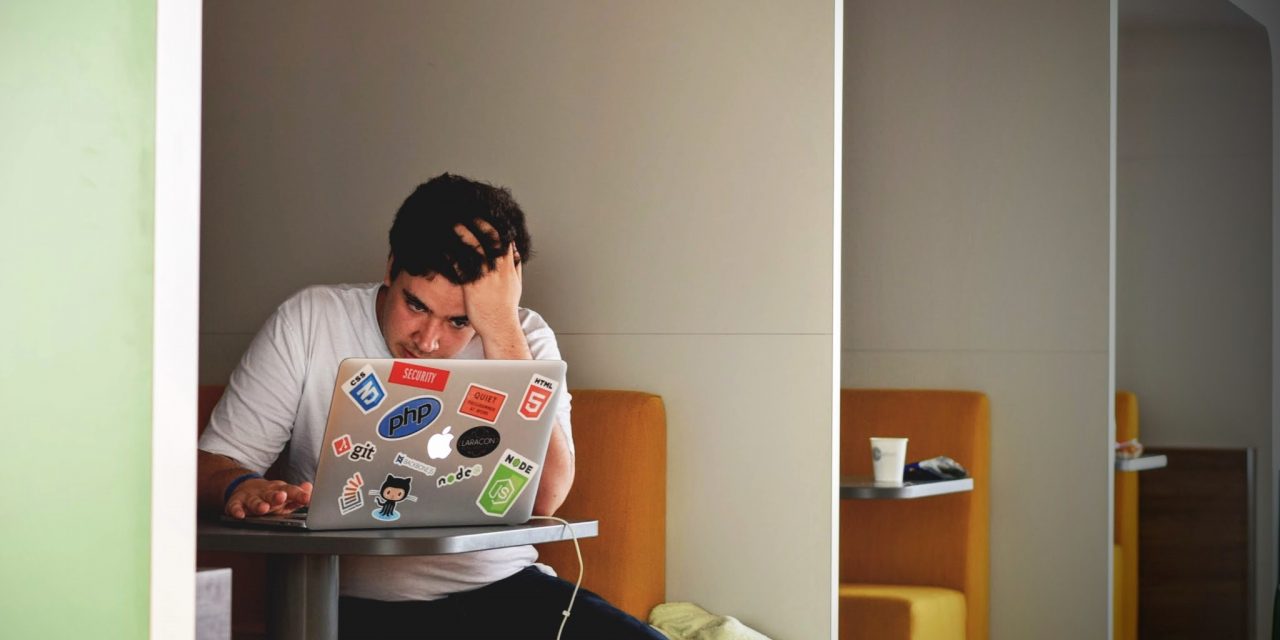|
Plagiarism: an act or instance of using or closely imitating the language and thoughts of another author without authorisation and the representation of that author’s work as one’s own, as by not crediting the original author. -Dictionary.com- |
Prior to getting into tertiary education, plagiarism was never really a popular term. But in a university or at work, if you are found guilty of plagiarising someone’s work, you are pretty much confirmed to get a ‘death row penalty’. As such, a student can get suspended or expelled from the institution he or she is studying. A professional or an academic can be cut off research funds or worse, be removed of their positions and titles. Ultimately, whoever you are, apart from having your reputation tarnished, you are risking your potential career path and opportunity by engaging in this act. In some parts of the world, plagiarism is also subject to a monetary fine depending on the severity of the case.
Now, the big question is, why is plagiarism so strictly prohibited? Don’t humanity advances from referring to other people’s work and improving on it?
Well, plagiarism is wrong and considered as ‘stealing’ by many because one is not supposed to take an idea or an intellectual property that belongs to someone else and put it into his or her work, without crediting the owner. This act undermines the years of effort spent by the academics and discredits them from what they’re worth. It is simply unethical.
Then, why do people still resort to such action, despite the consequences?
To be fair, it is pretty easy to understand why. When working on an essay or a research paper, you would certainly need to refer to something empirical to support (and counter) your arguments. But often, students have this tendency to read, copy the whole chunk of a paragraph that they find useful, then paste it in their draft. And this is where it can go wrong. As they go along, more ideas are accumulated, so students can get confused as to which are their own ideas and which are ones from their reading materials. They would end up not citing their sources properly then get sucked into this abyss of plagiarism. Of course, this is not always the case. Someone can simply just want an easy way out of an assignment so they plagiarise.
And because the fine line between plagiarising on purpose and doing it accidentally is so hard to distinguish, this is not something that a credible institution would take lightly of. As a result, the harshest of punishments are given to those who decide to not adhere to this code of honour.
Below are some tips that might help to save you from the clench of plagiarism :
Learn how to do referencing properly.
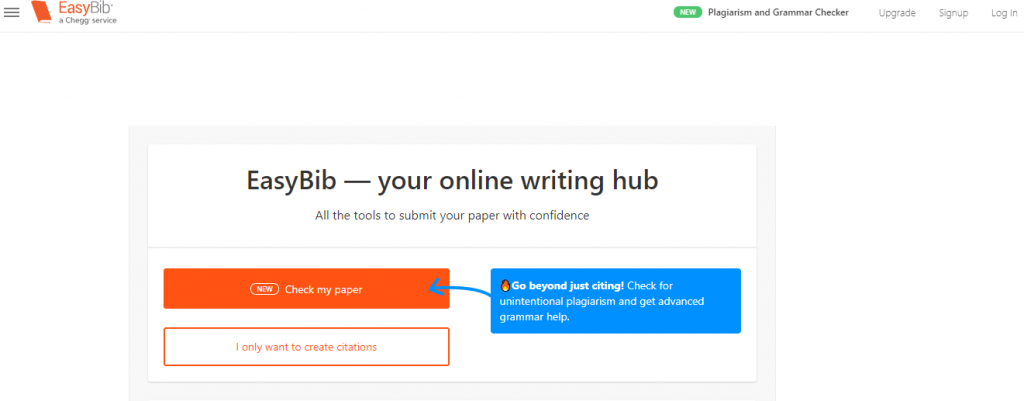
Source: EasyBib
Although some may find this bothersome, this is how you thank your sources for helping you understand the subject you are writing on – by citing their work properly. The three most popular referencing formats are Harvard, APA (American Psychological Association) and MLA (Modern Language Association). You will need to check which is preferred by your institutions. Then, you can either learn how to write them by heart or you can also use referencing sites like Cite This For Me and Easybib.
Paraphrase your sentence or use a direct quotation.
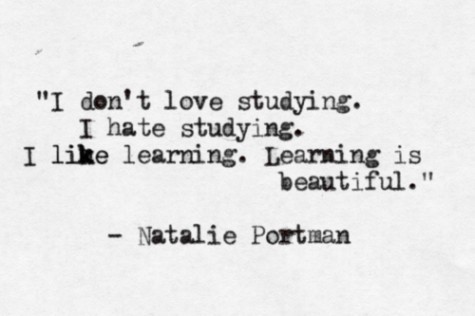
Source: Sualci Quotes
Paraphrasing means to write something in your own words – what you understand about a concept, without changing its intended meaning. When paraphrasing, it’s best to avoid looking too much at the original text. Perhaps change the words and sentence structure a little. If a concept is very hard for you to express yourself, you can also use a direct quotation. This means to use the exact wording of the original author but using quotation marks (“ ”). In both cases, you will still need to cite your reference to avoid plagiarism.
Get insights from others.
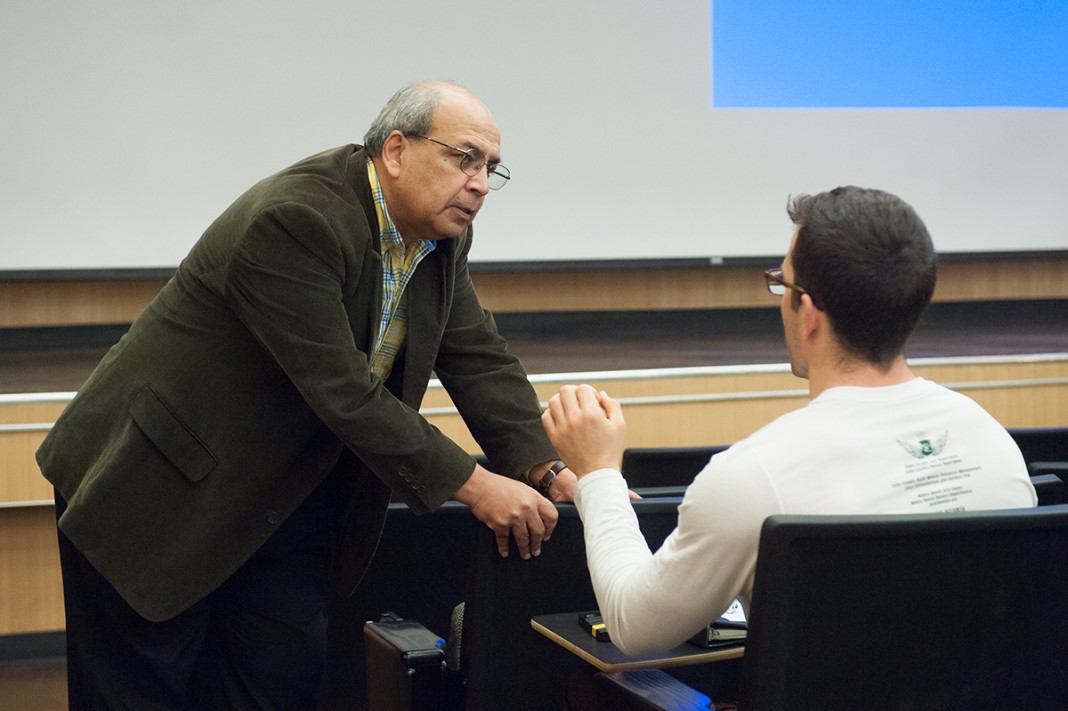
Source: Georgia Tech News Center
Some concepts can be really hard to grasp (thanks to the jargon used), hence the best way for you to write so that’s easily comprehended by others is by talking to your lecturer about it. As someone who has studied the topic in depth for years, surely they can break it down for you. If you are shy, perhaps ask your coursemates! Jot what they say down, this one doesn’t need any citation.
List down the reference as you write your draft.
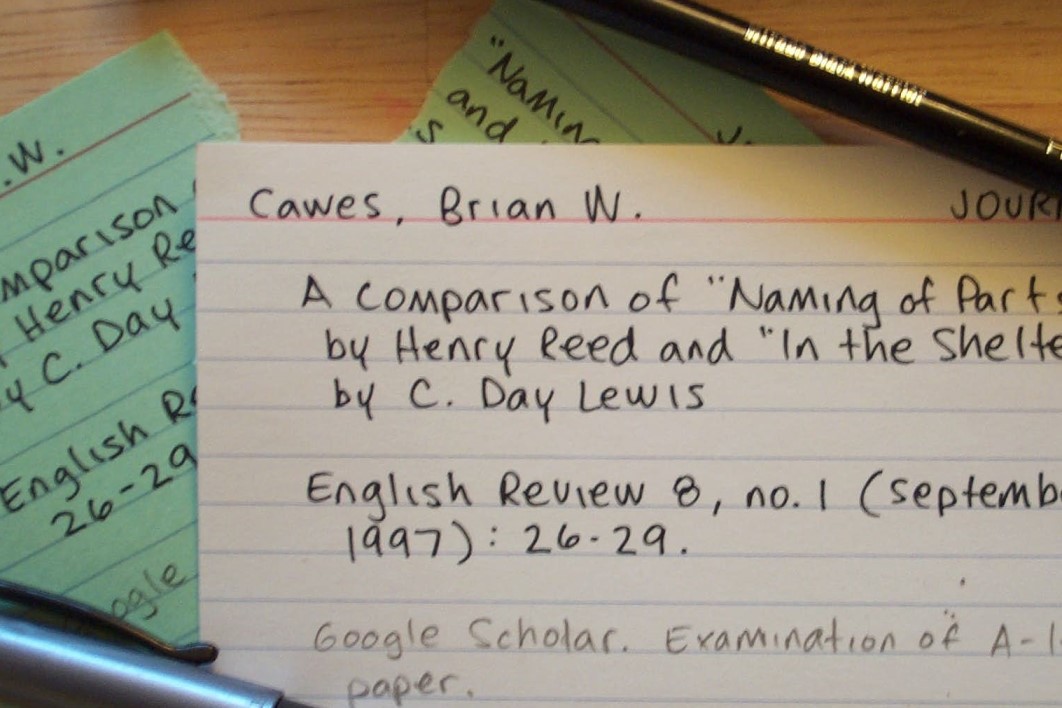
Source: Flickr
Always, always, put the reference down in your draft. Link it if you need to because if you don’t do this, there is a higher tendency of you plagiarising. You may mistakenly think a sentence comes from you or it’s your idea when you have actually seen it somewhere else and it has already been said by someone else.
Check your plagiarism rate.
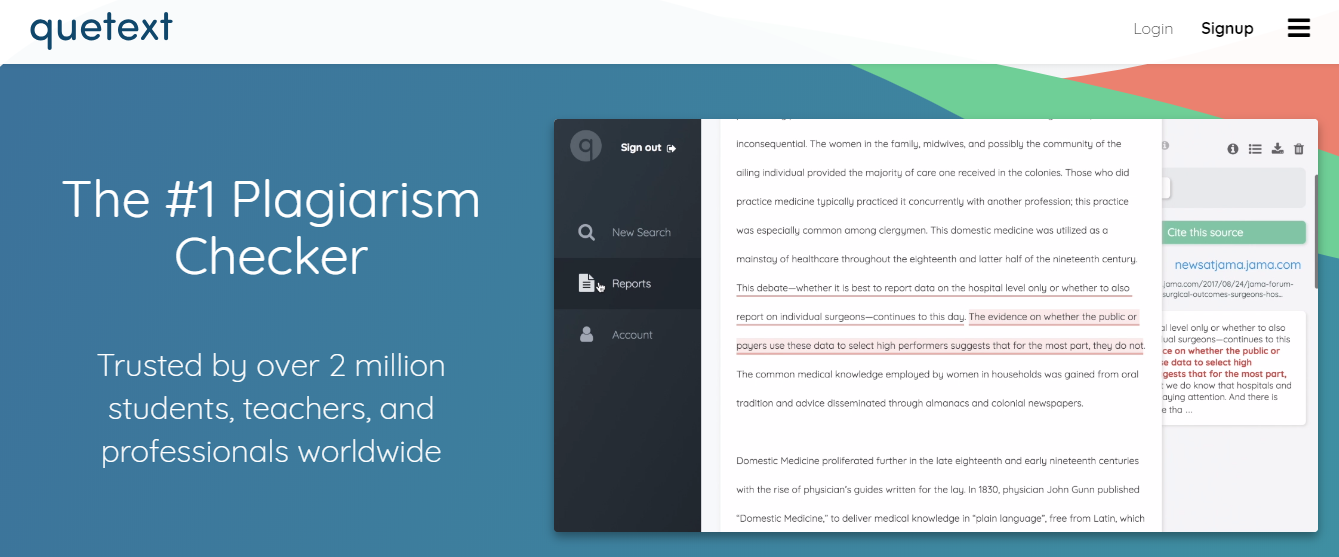
Source: quetext
The Internet of Things has made it possible for us to check the plagiarism rate online. You can do so by copying a chunk of your essay and paste it on sites like Plagiarize Checker, EduBirdie and quetext.
Pray hard.
It’s good for the soul.

